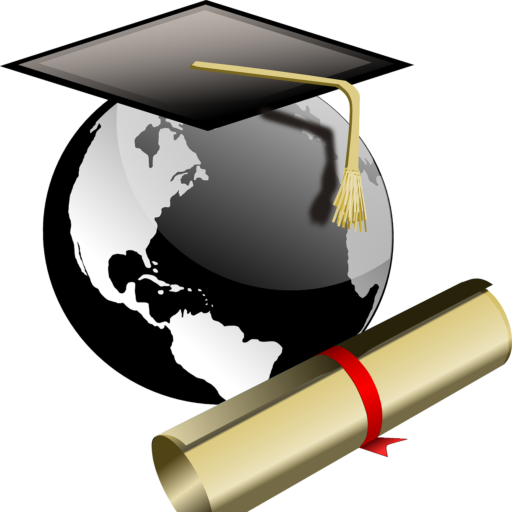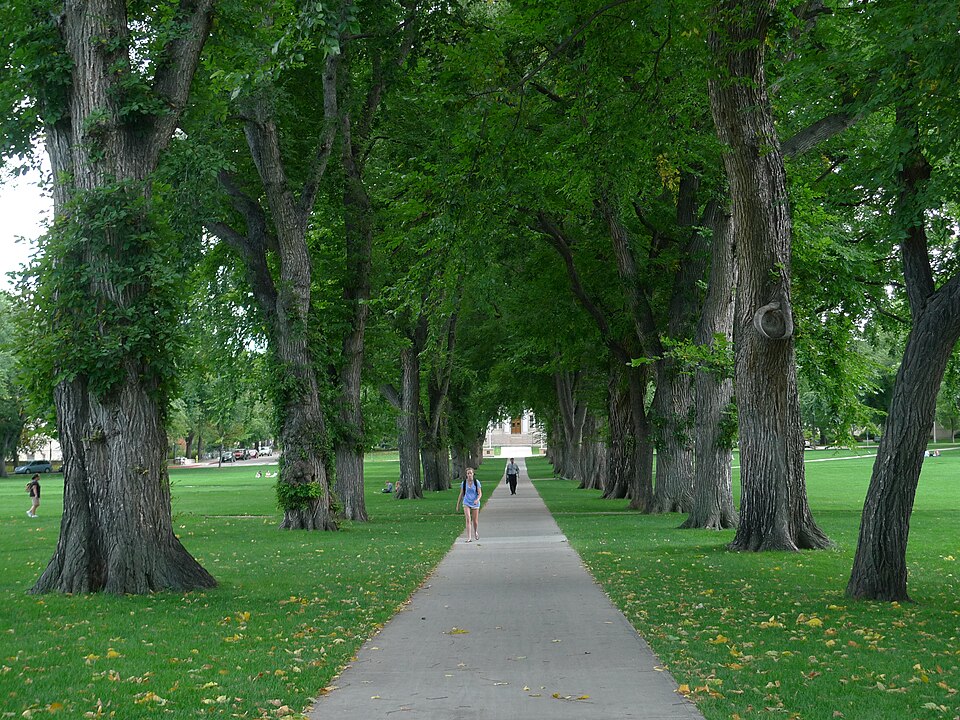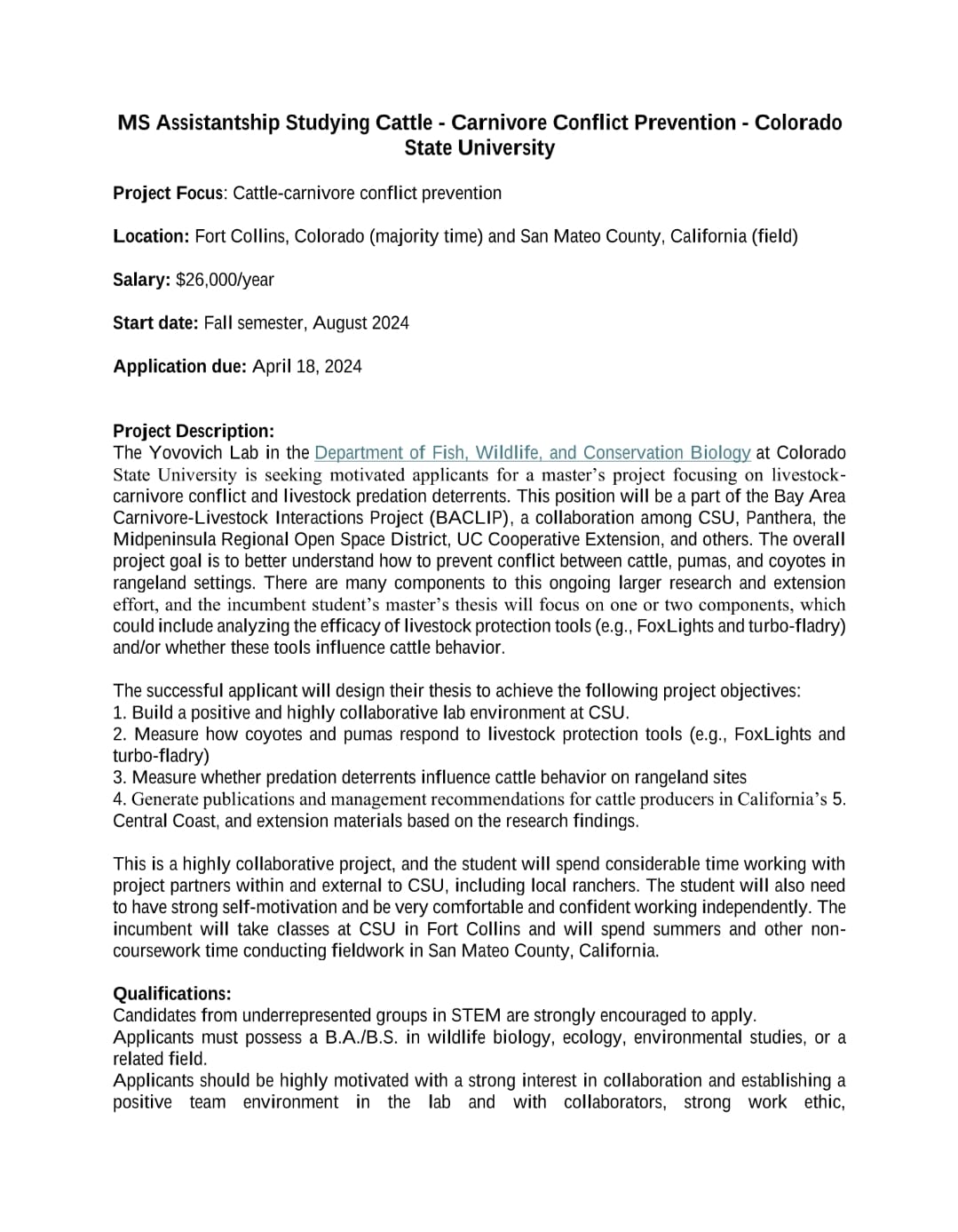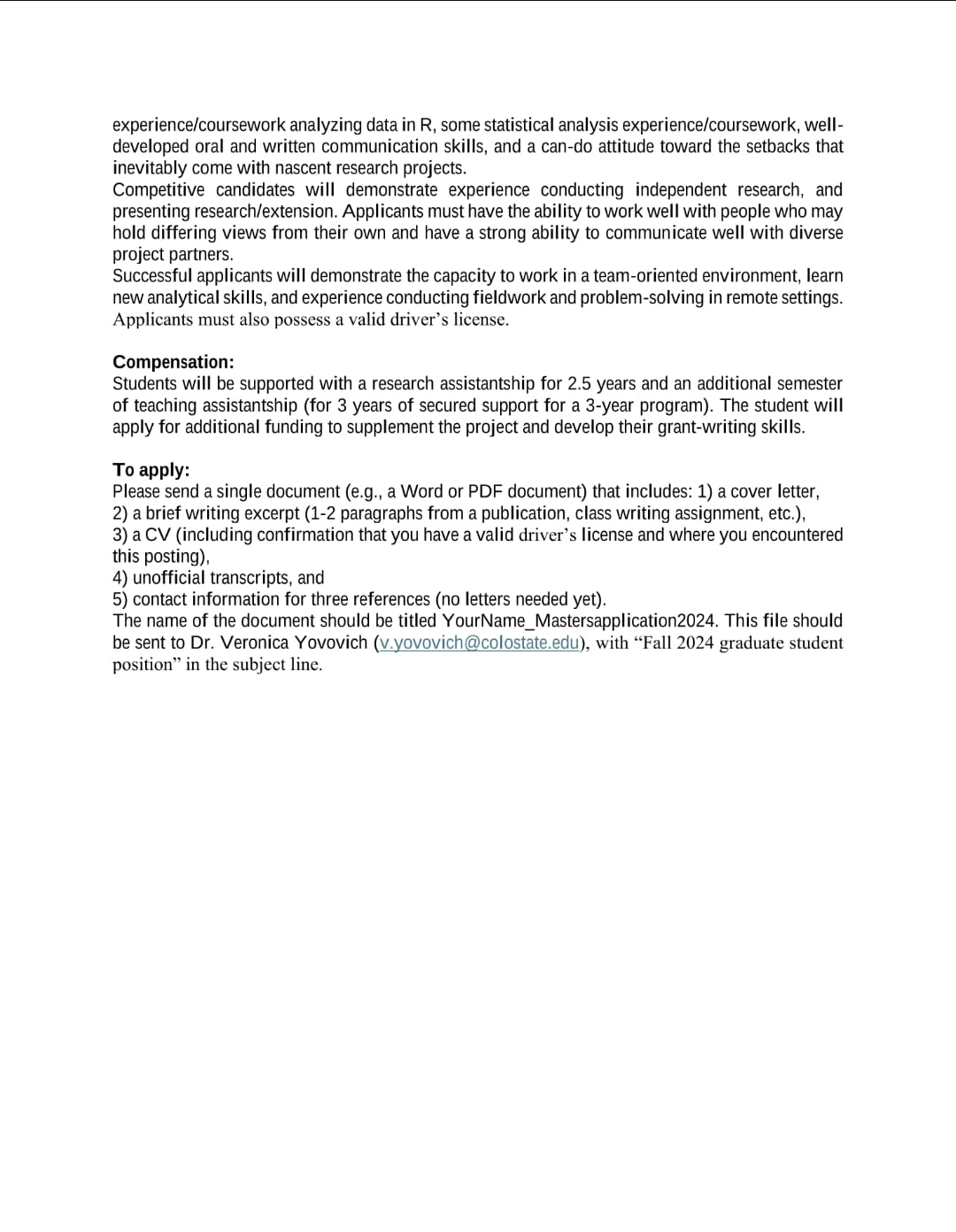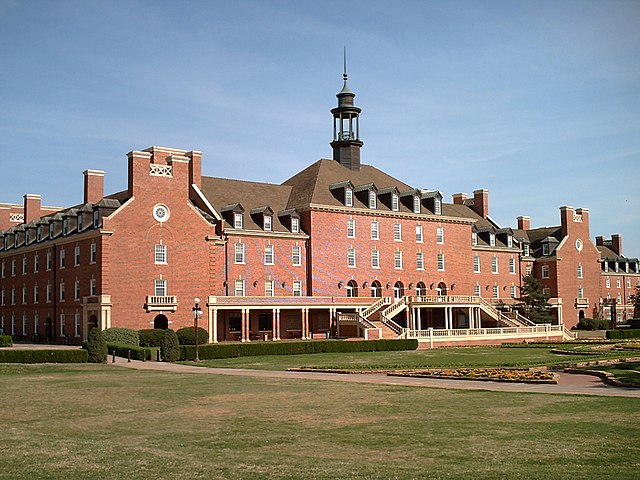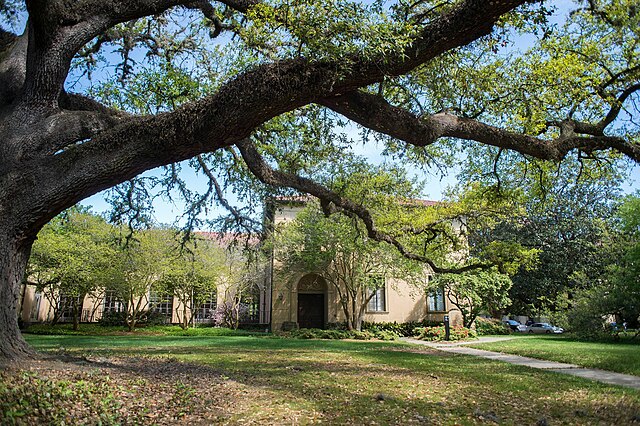Project Focus: Cattle-carnivore conflict prevention
Location: Fort Collins, Colorado (majority time) and San Mateo County, California (field)
Salary: $26,000/year
Start date: Fall semester, August 2024
Application due: April 18, 2024
Project Description:
The Yovovich Lab in the Department of Fish, Wildlife, and Conservation Biology at Colorado State University is seeking motivated applicants for a master’s project focusing on livestock- carnivore conflict and livestock predation deterrents. This position will be a part of the Bay Area Carnivore-Livestock Interactions Project (BACLIP), a collaboration among CSU, Panthera, the Midpeninsula Regional Open Space District, UC Cooperative Extension, and others. The overall project goal is to better understand how to prevent conflict between cattle, pumas, and coyotes in rangeland settings. There are many components to this ongoing larger research and extension effort, and the incumbent student’s master’s thesis will focus on one or two components, which could include analyzing the efficacy of livestock protection tools (e.g., FoxLights and turbo-fladry) and/or whether these tools influence cattle behavior.
The successful applicant will design their thesis to achieve the following project objectives:
- Build a positive and highly collaborative lab environment at CSU.
- Measure how coyotes and pumas respond to livestock protection tools (e.g., FoxLights and turbo-fladry)
- Measure whether predation deterrents influence cattle behavior on rangeland sites
- Generate publications and management recommendations for cattle producers in California’s 5. Central Coast, and extension materials based on the research findings.
This is a highly collaborative project, and the student will spend considerable time working with project partners within and external to CSU, including local ranchers. The student will also need to have strong self-motivation and be very comfortable and confident working independently. The incumbent will take classes at CSU in Fort Collins and will spend summers and other non- coursework time conducting fieldwork in San Mateo County, California.
Qualifications:
Candidates from underrepresented groups in STEM are strongly encouraged to apply.
Applicants must possess a B.A./B.S. in wildlife biology, ecology, environmental studies, or a related field.
Applicants should be highly motivated with a strong interest in collaboration and establishing a positive team environment in the lab and with collaborators, strong work ethic, experience/coursework analyzing data in R, some statistical analysis experience/coursework, well- developed oral and written communication skills, and a can-do attitude toward the setbacks that inevitably come with nascent research projects.
Competitive candidates will demonstrate experience conducting independent research, and presenting research/extension. Applicants must have the ability to work well with people who may hold differing views from their own and have a strong ability to communicate well with diverse project partners.
Successful applicants will demonstrate the capacity to work in a team-oriented environment, learn new analytical skills, and experience conducting fieldwork and problem-solving in remote settings. Applicants must also possess a valid driver’s license.
Compensation:
Students will be supported with a research assistantship for 2.5 years and an additional semester of teaching assistantship (for 3 years of secured support for a 3-year program). The student will apply for additional funding to supplement the project and develop their grant-writing skills.
To apply:
Please send a single document (e.g., a Word or PDF document) that includes: 1) a cover letter, 2) a brief writing excerpt (1-2 paragraphs from a publication, class writing assignment, etc.), 3) a CV (including confirmation that you have a valid driver’s license and where you encountered this posting),
4) unofficial transcripts, and
5) contact information for three references (no letters needed yet).
The name of the document should be titled YourName_Mastersapplication2024. This file should be sent to Dr. Veronica Yovovich (v.yovovich@colostate.edu), with “Fall 2024 graduate student position” in the subject line.
*Following is the full advertisement image provided.
